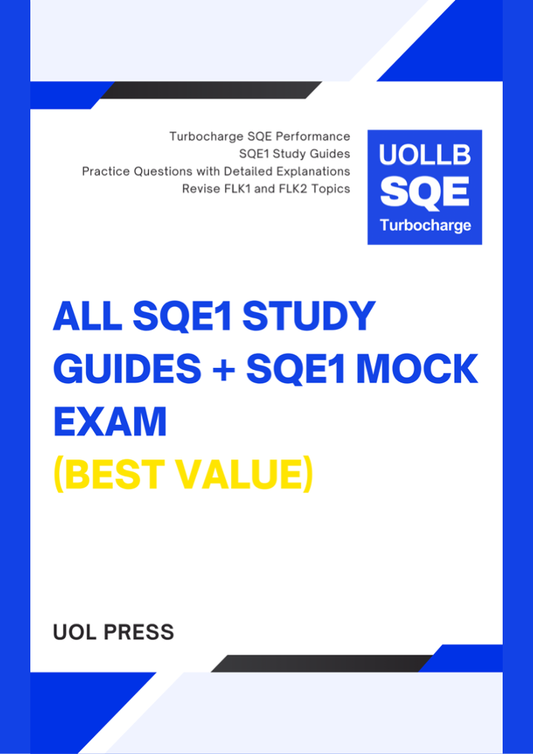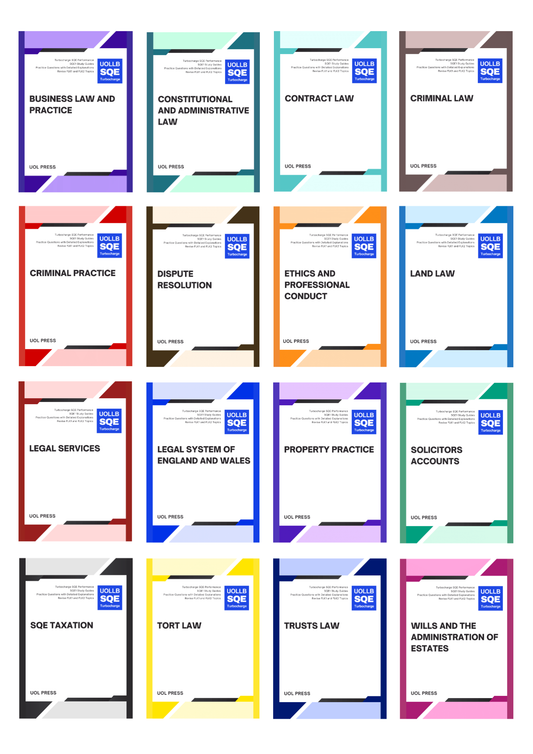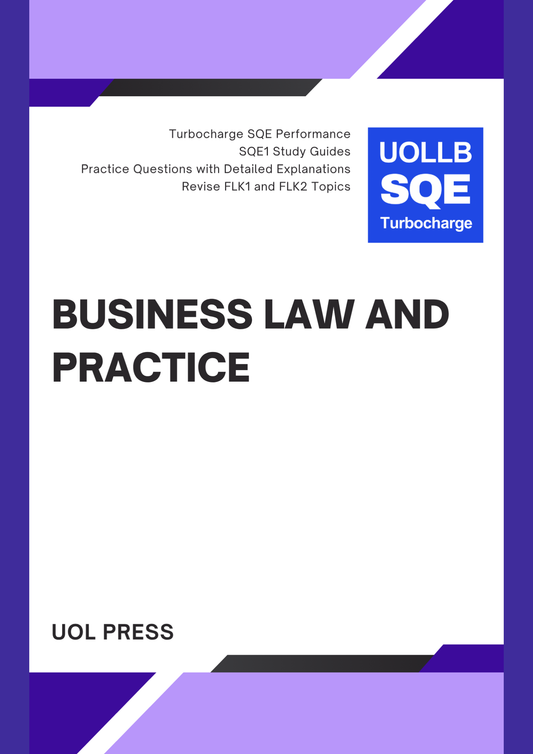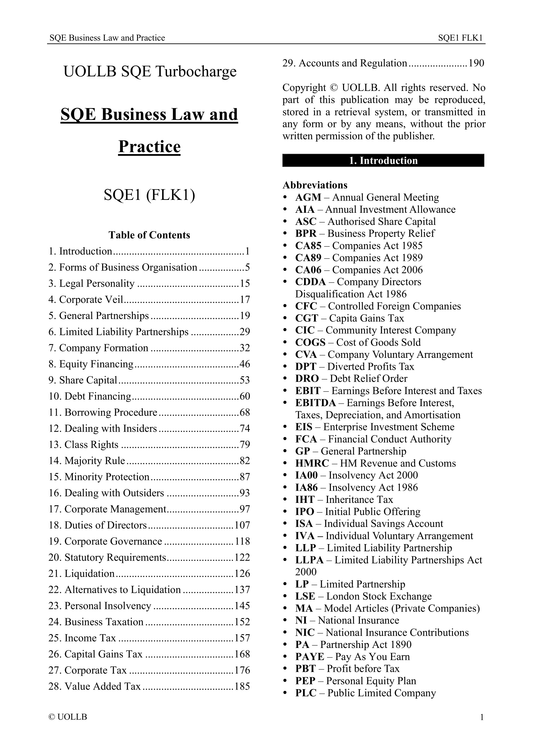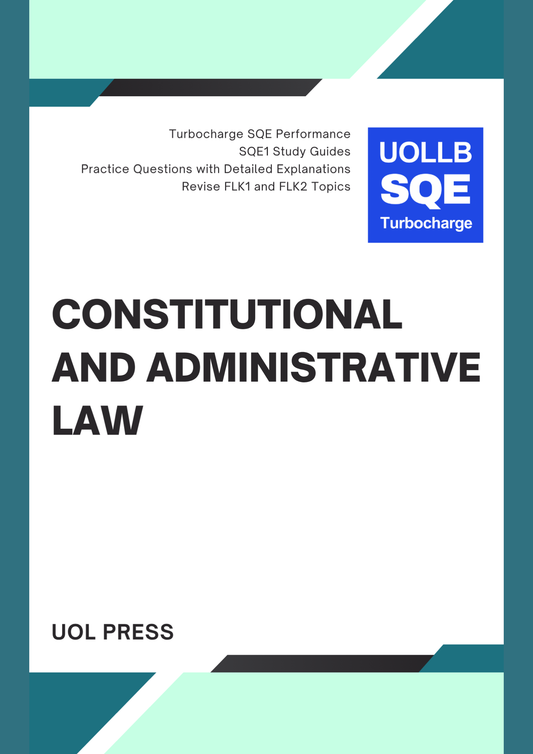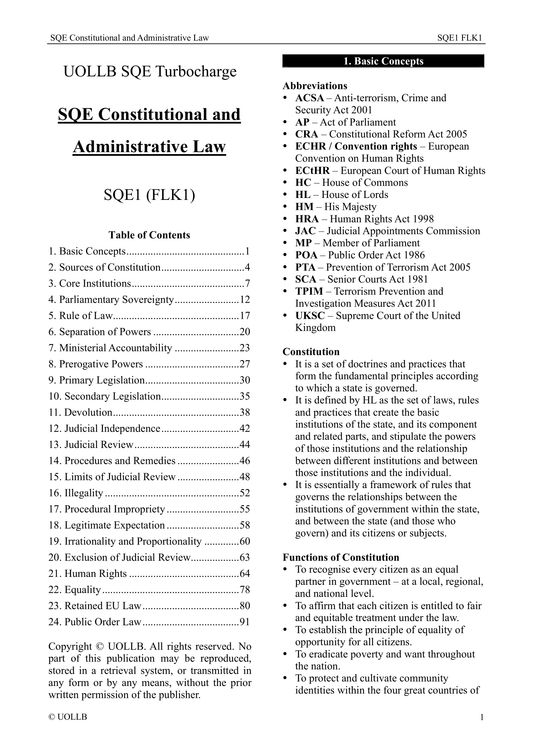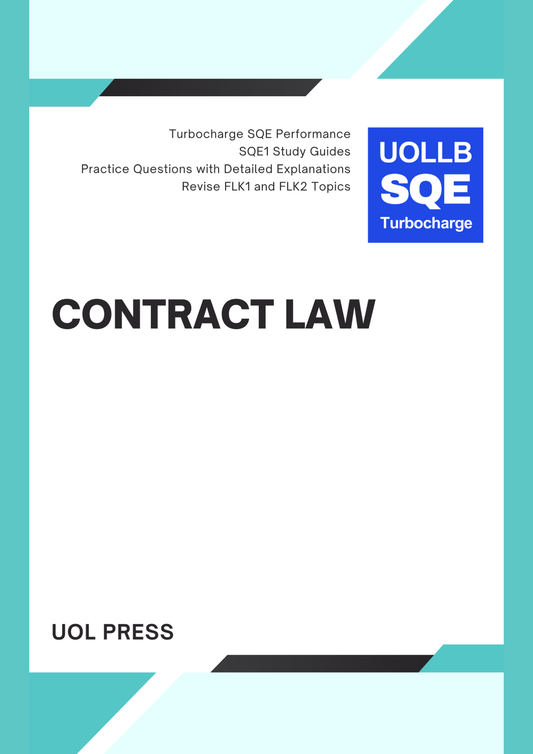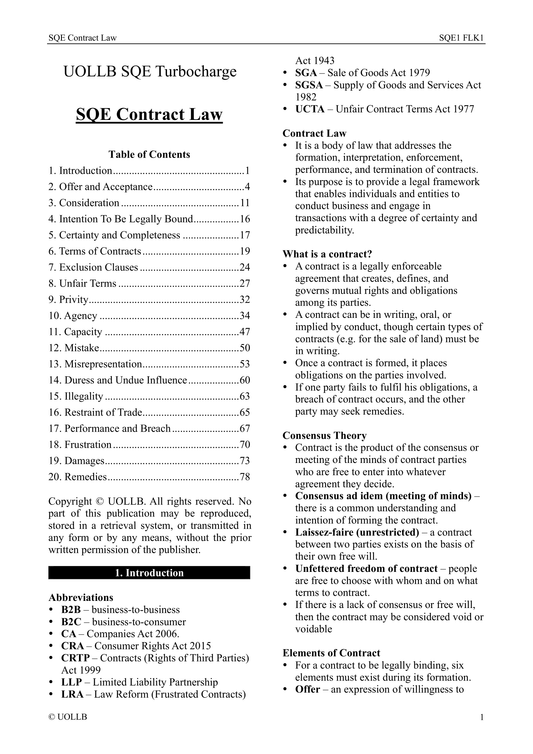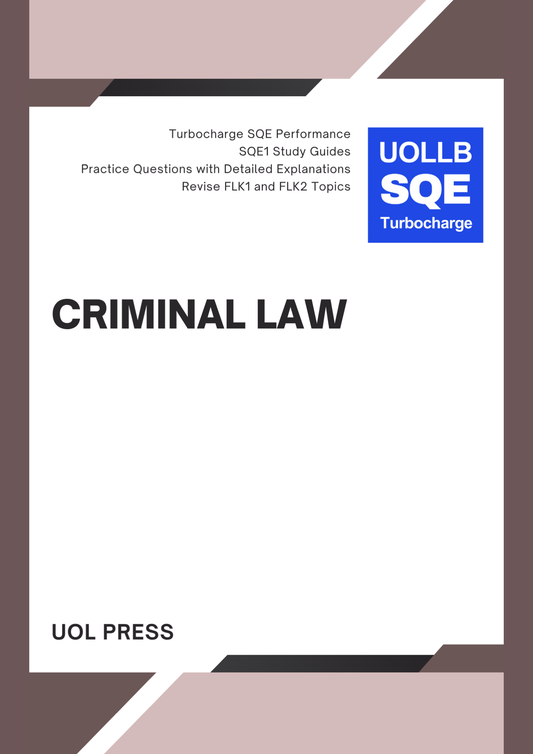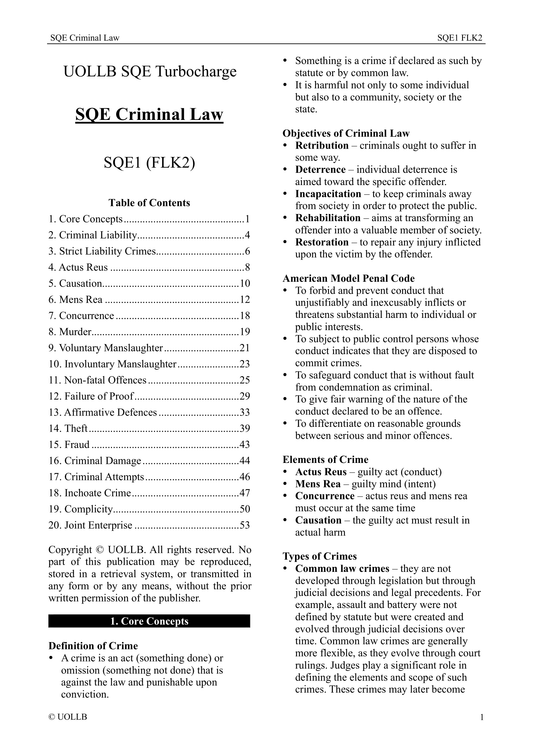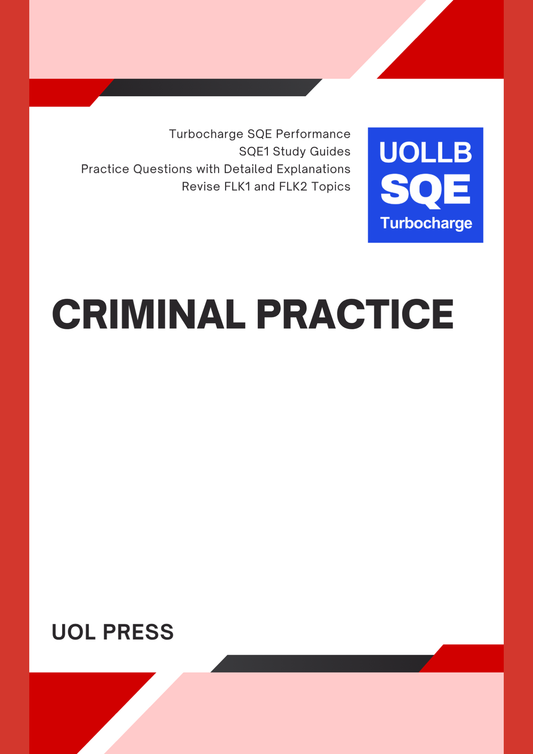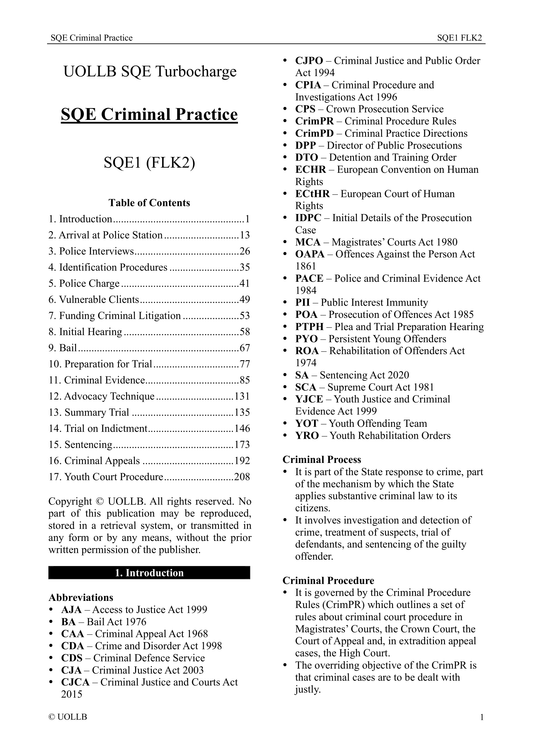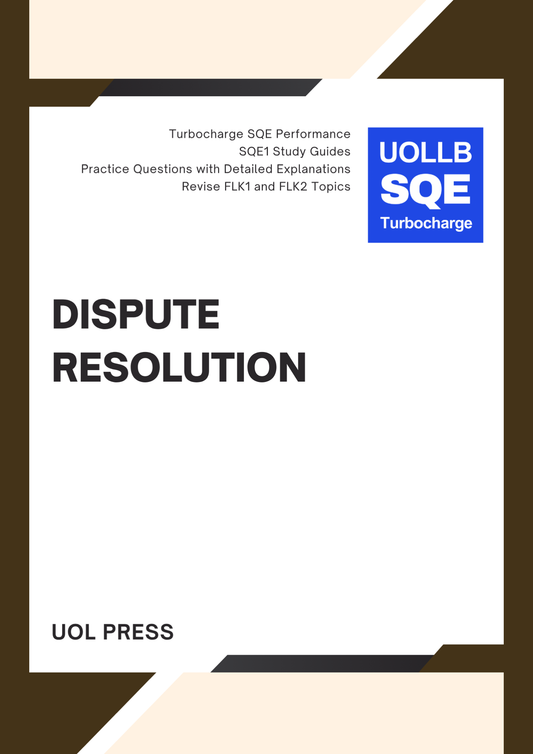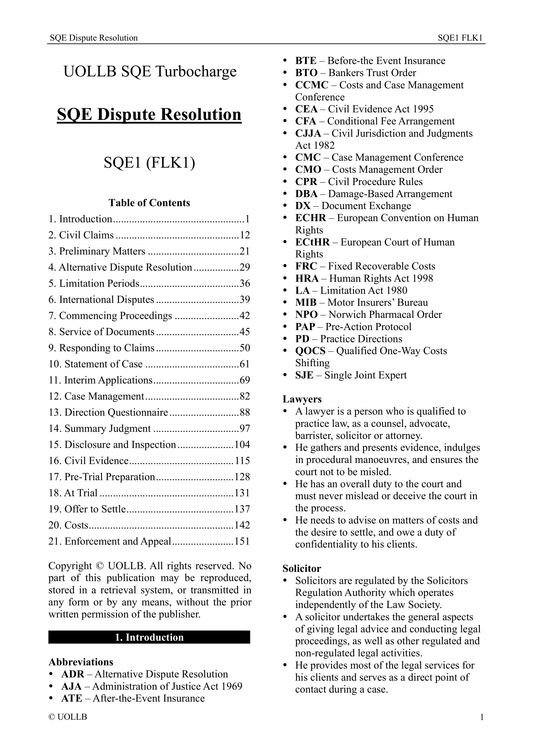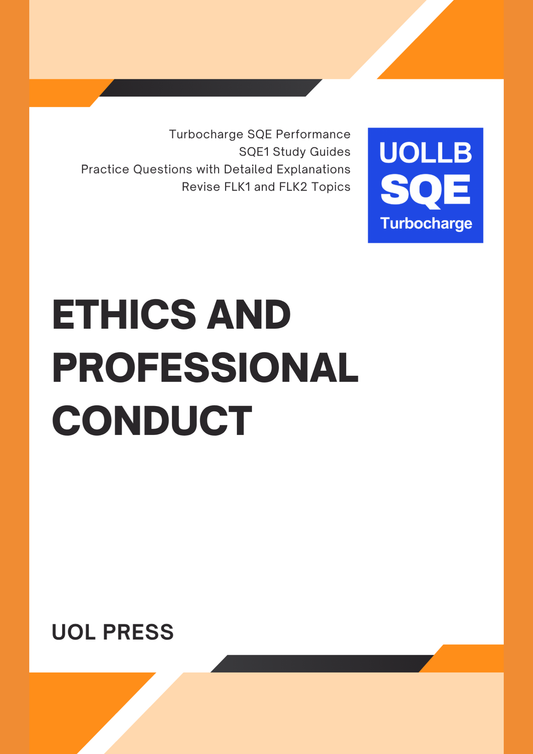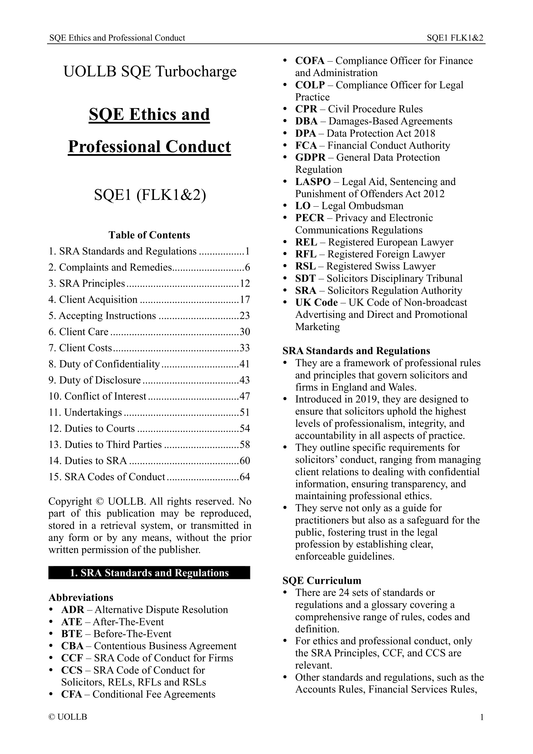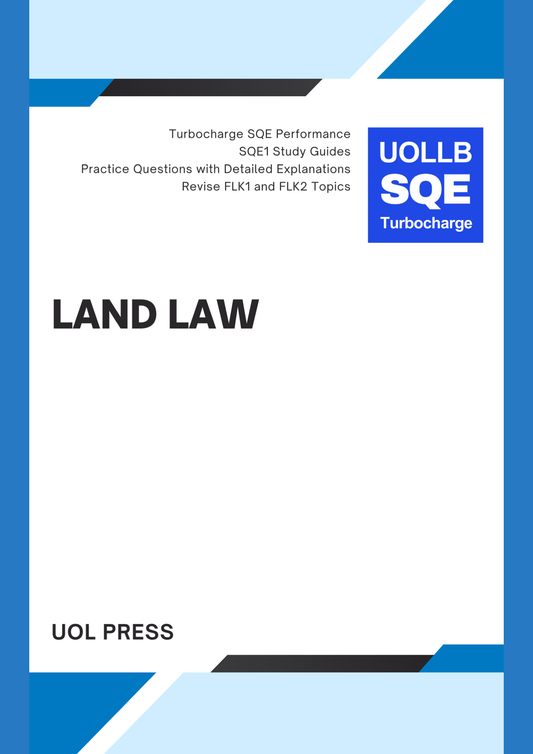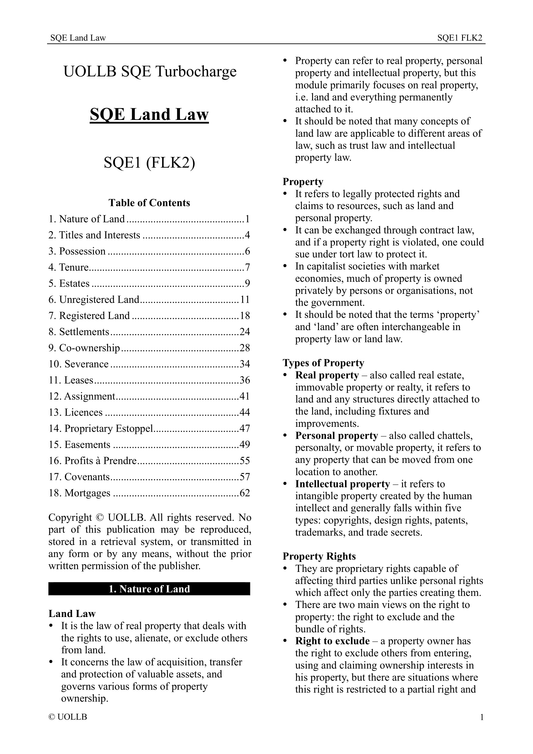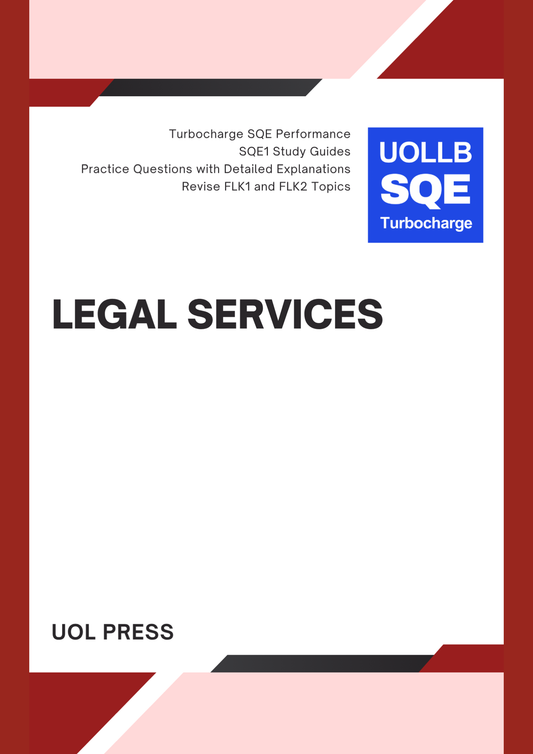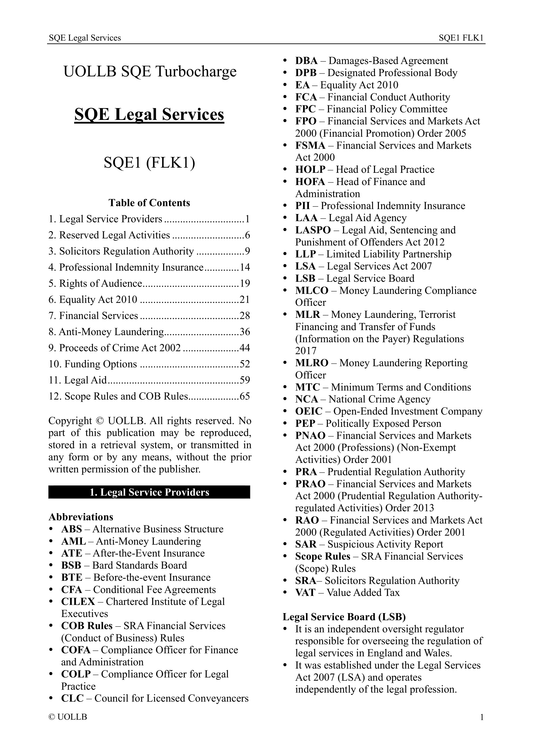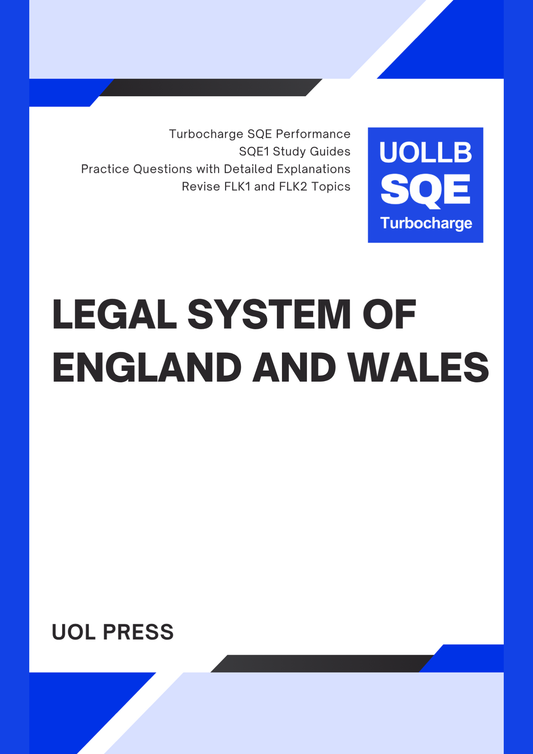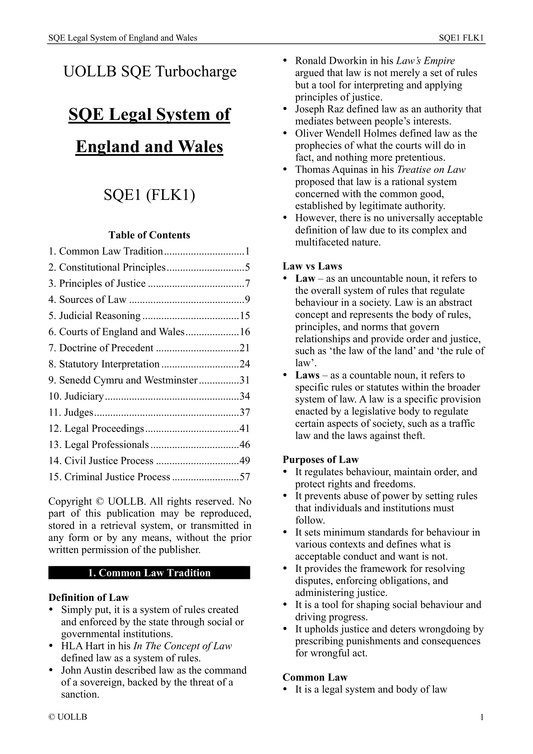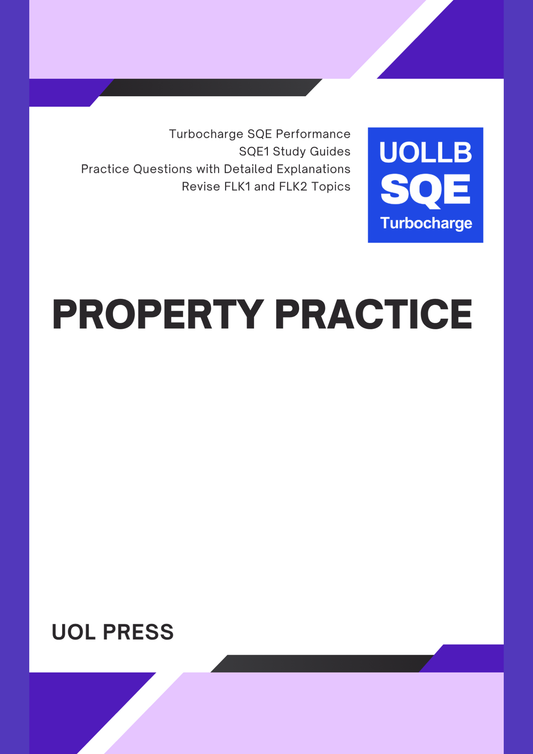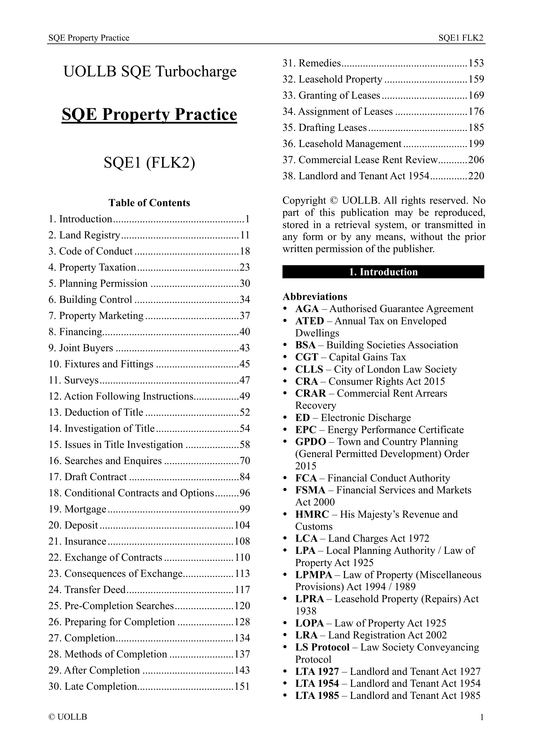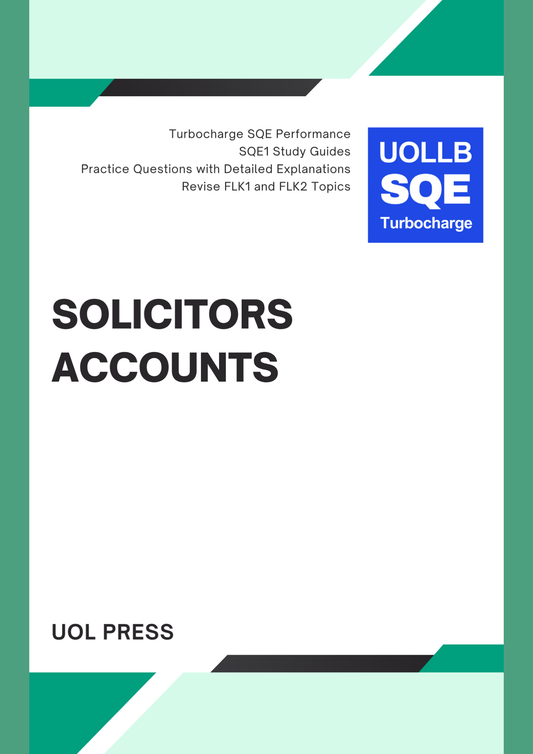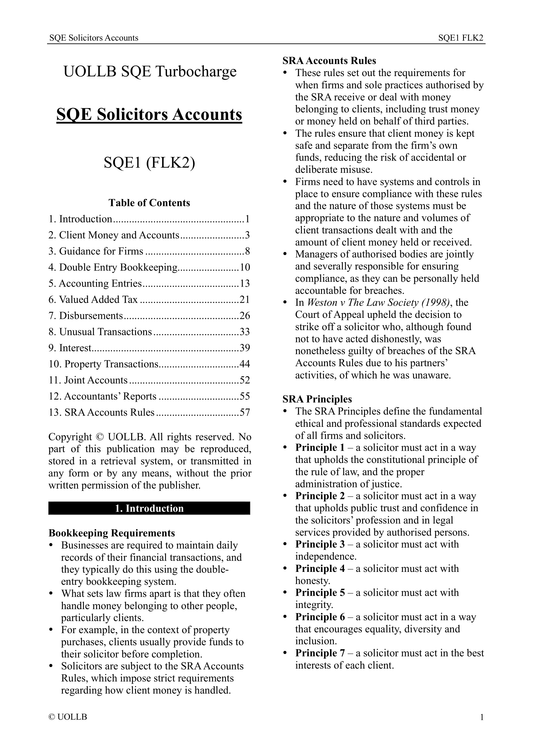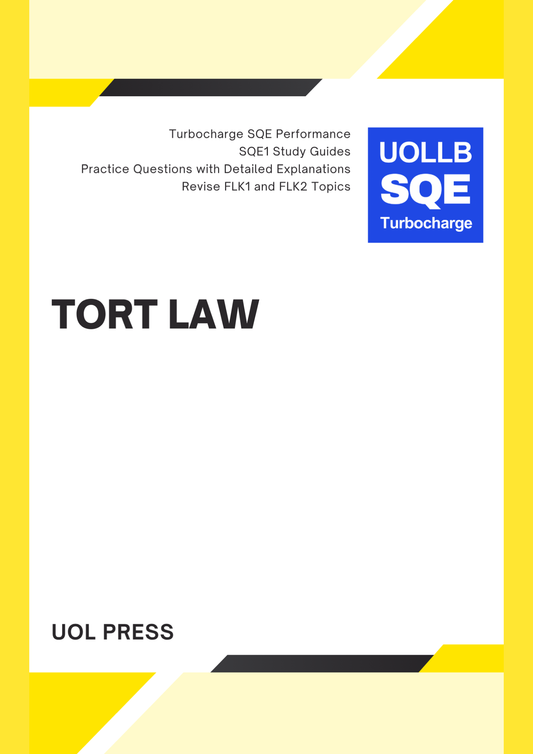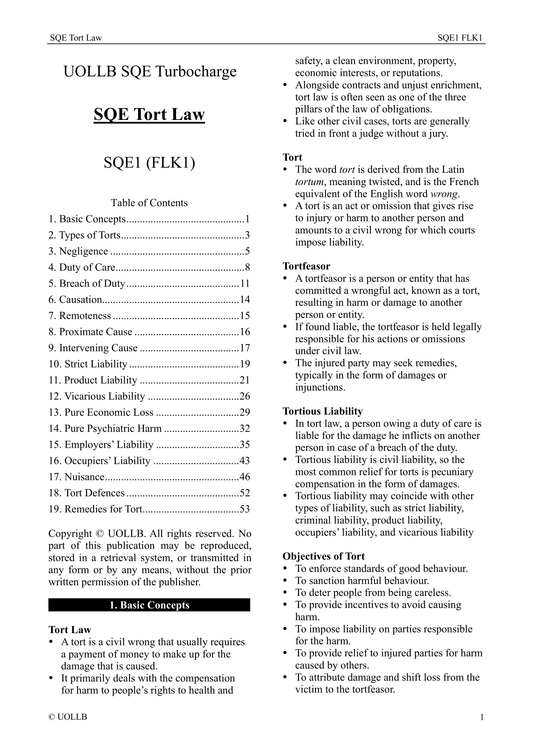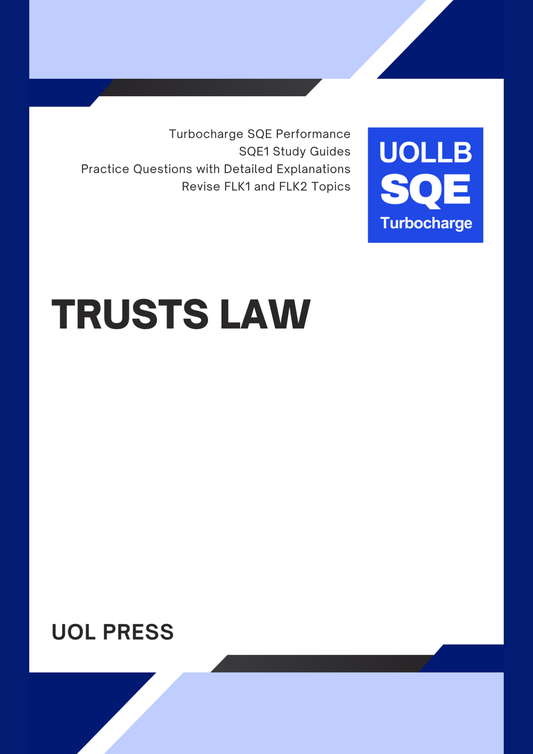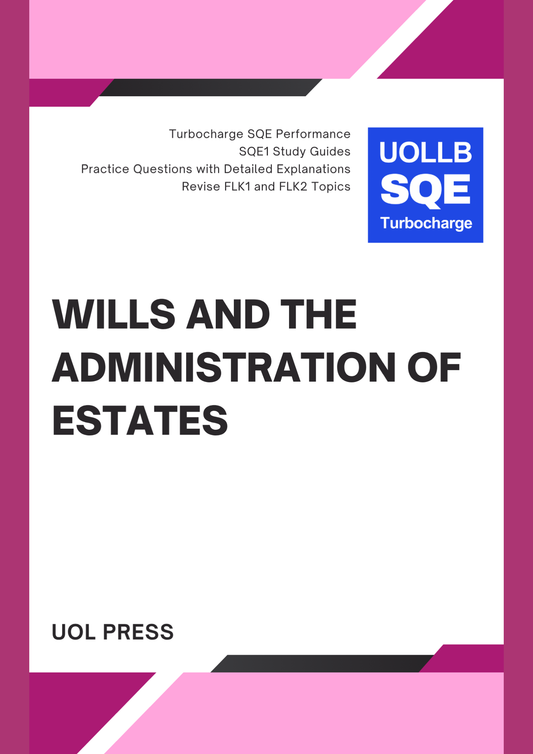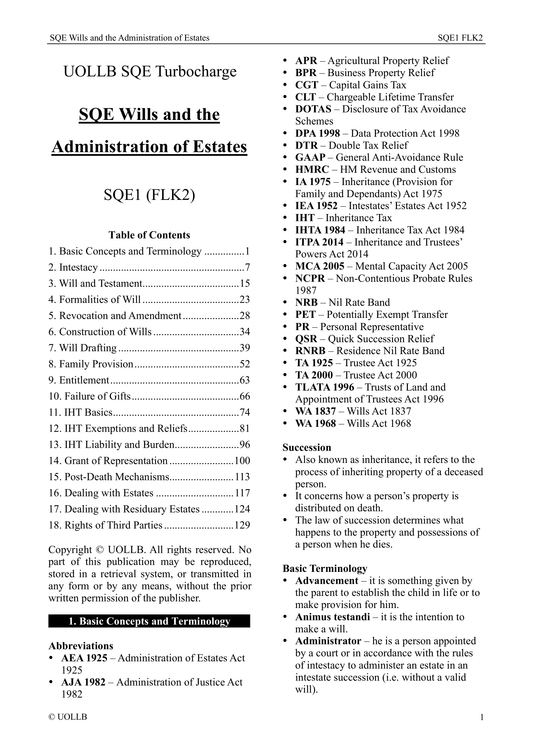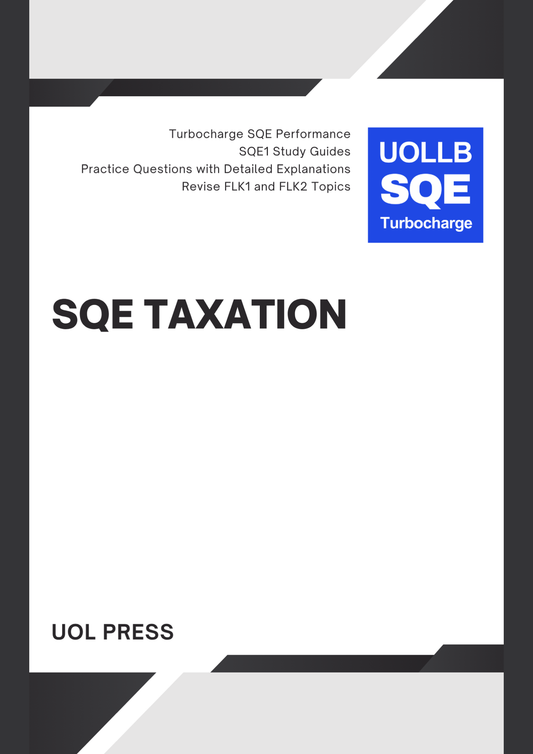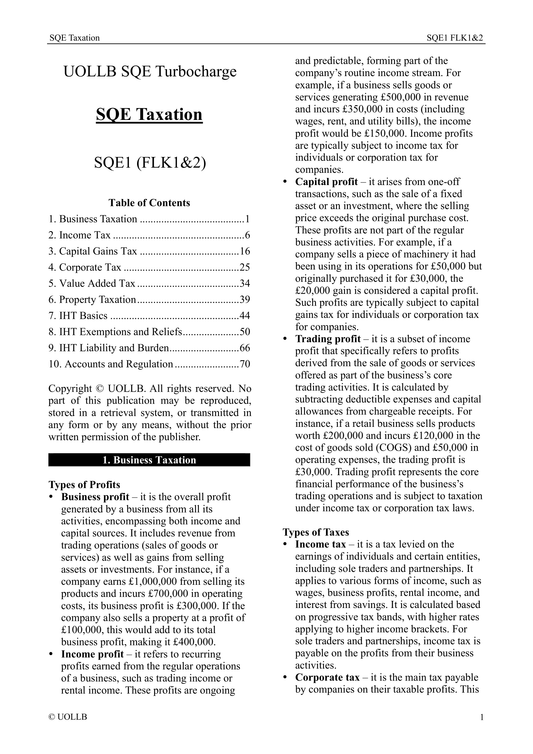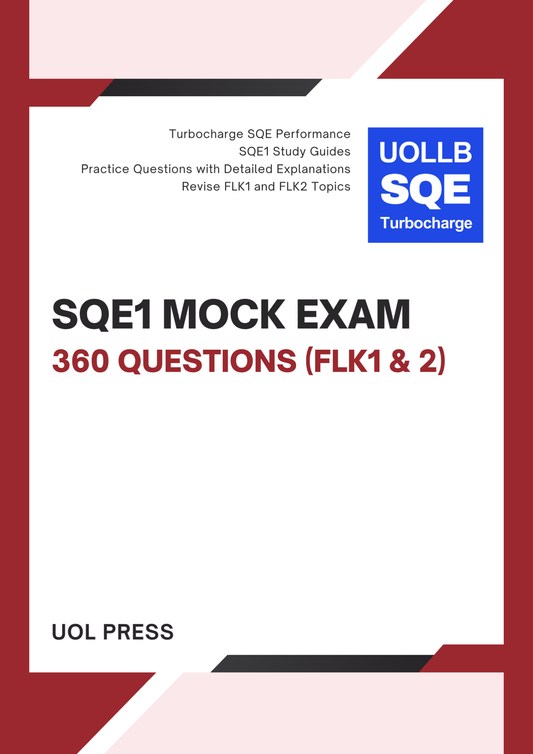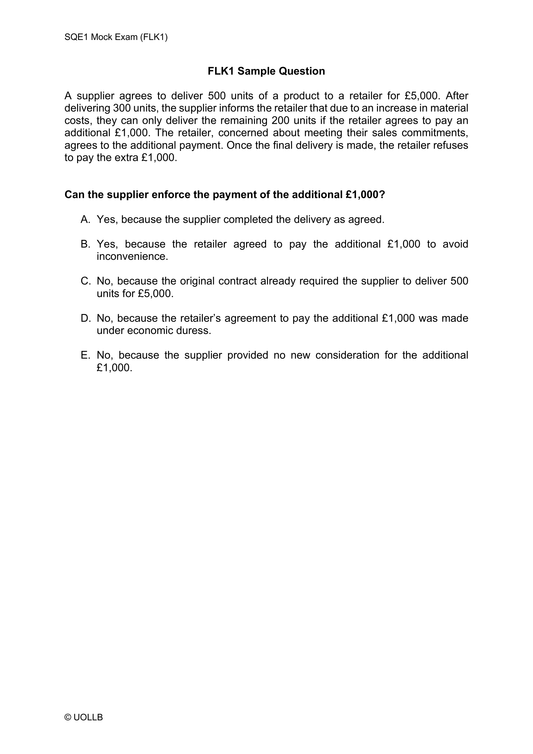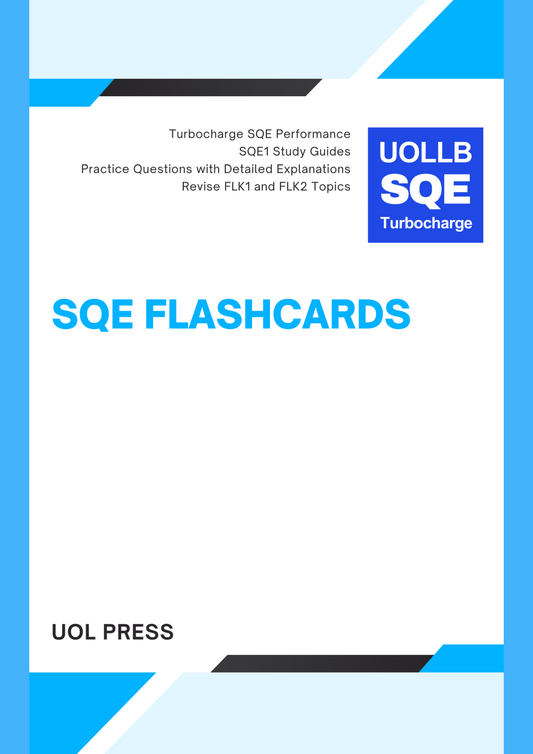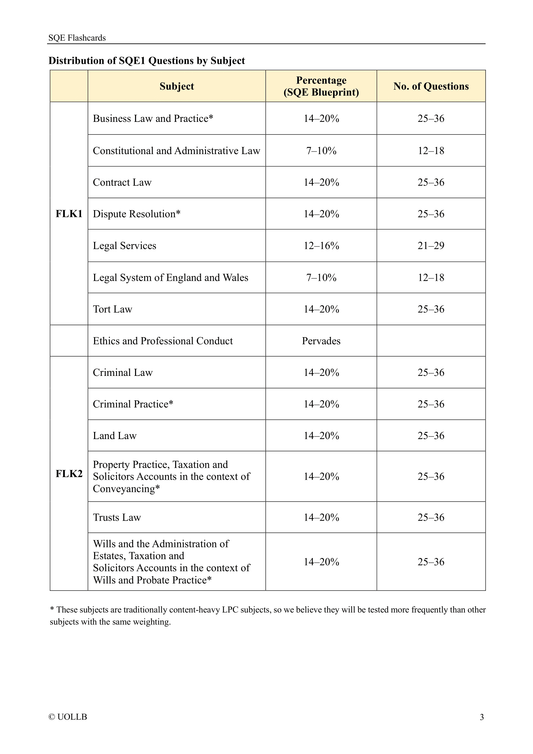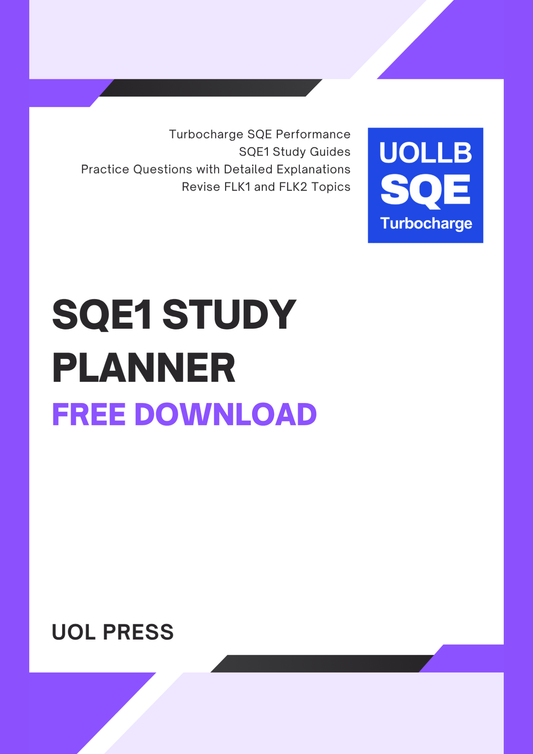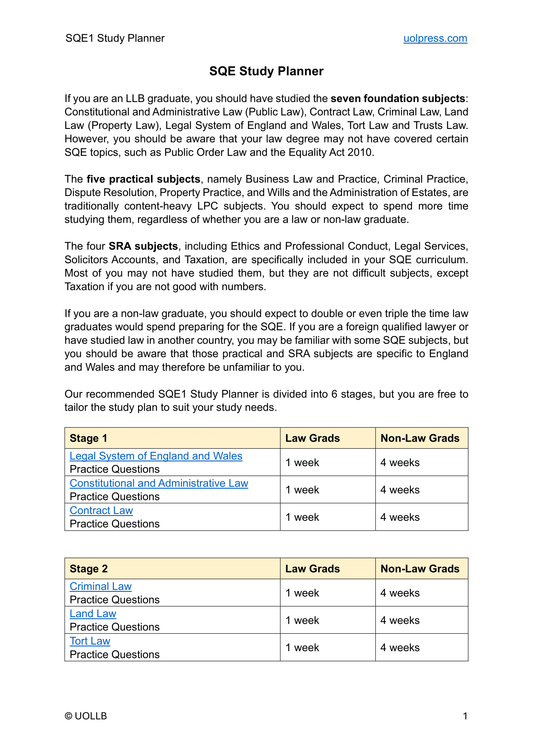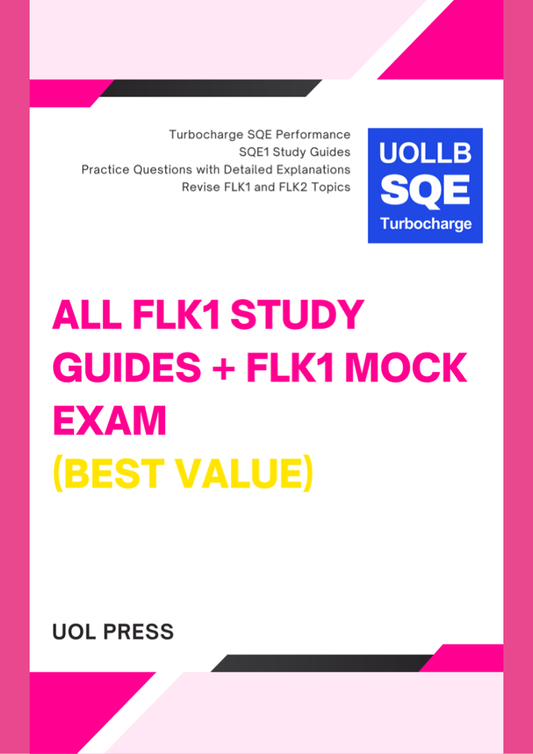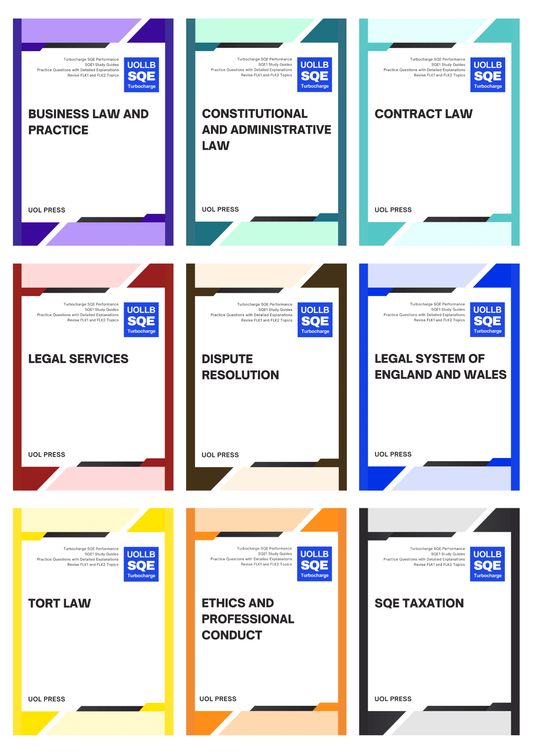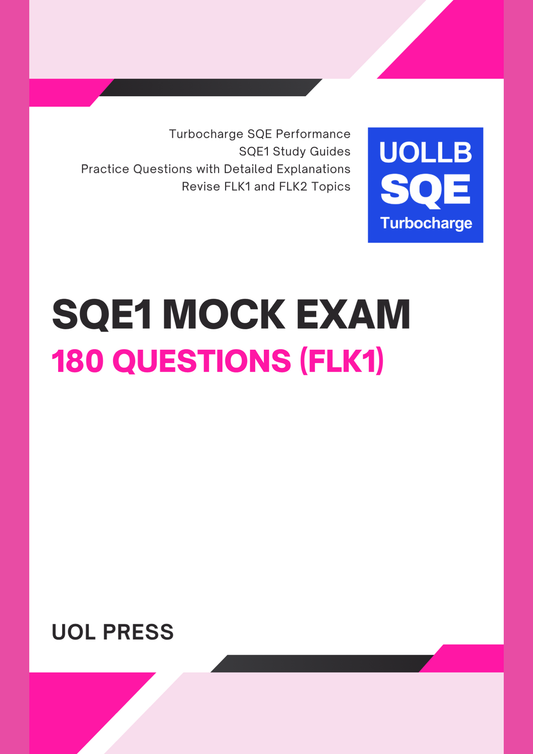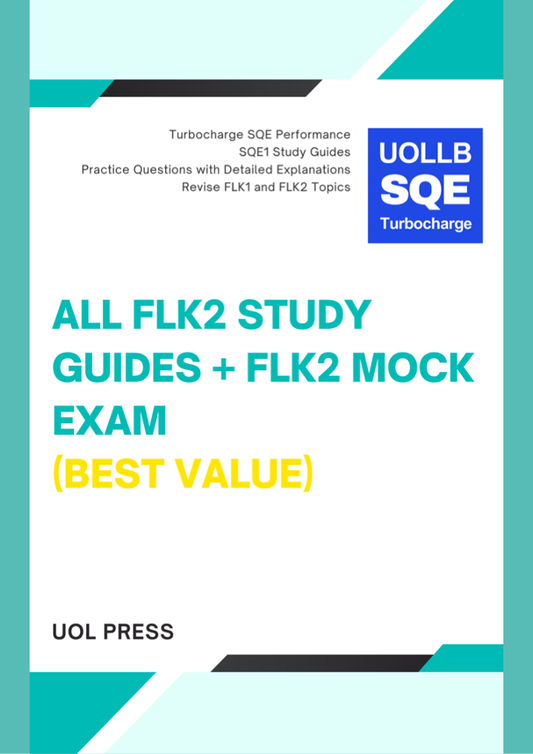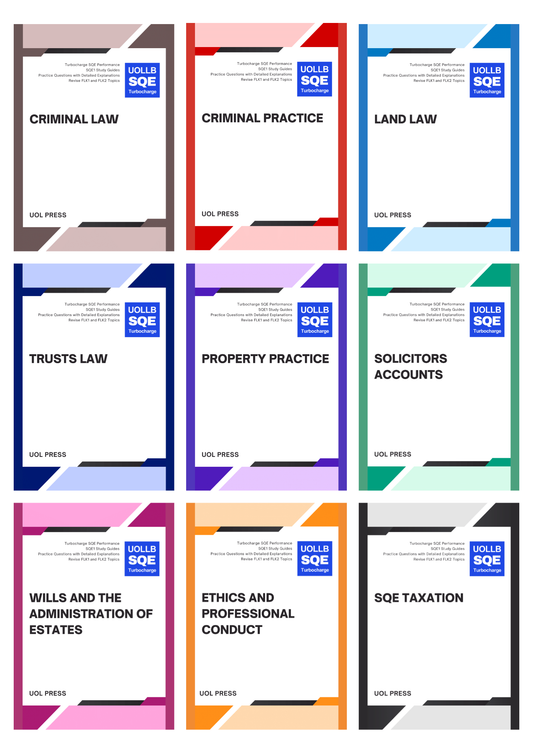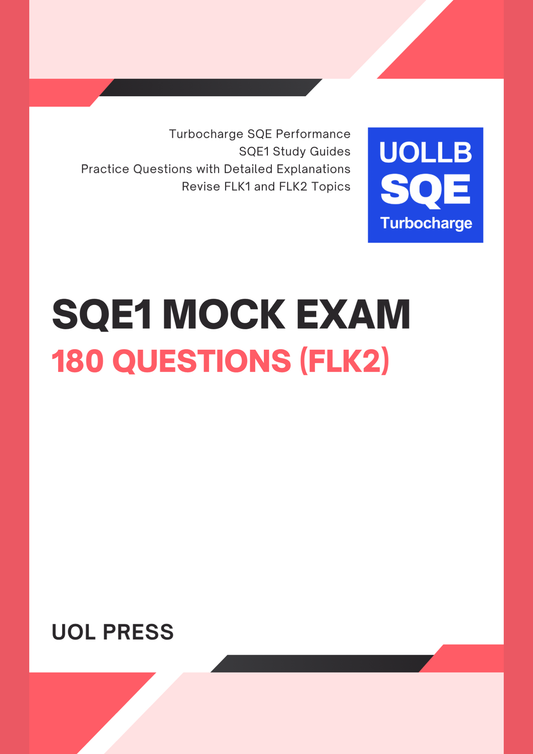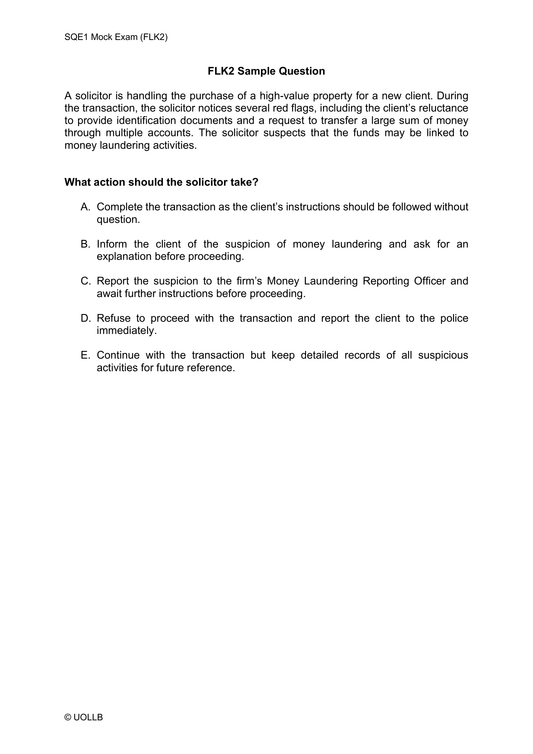SQE vs LPC
Share
If you are an aspiring solicitor who began your legal academic journey by September 2021, you have the option to choose either the SQE route or the LPC route to qualify until 31 December 2032. For this reason, the distinction between the SQE and the LPC is crucial for you when deciding on the best route to qualification. These two pathways reflect different approaches to legal training, with the SQE representing the new framework, and the LPC being the traditional route for decades prior.
The LPC, short for the Legal Practice Course, is the long-established vocational stage of solicitor training. It follows the academic phase, which typically involves completing a qualifying law degree or a Graduate Diploma in Law for non-law graduates. The LPC is designed to prepare students for legal practice through a combination of theoretical study and practical skills training. It is delivered by universities and private providers, often over one year full-time or two years part-time. The LPC offers a tailored curriculum, allowing students to choose electives aligned with their intended area of practice, such as commercial law or family law.
However, the LPC has been criticised for being expensive and rigid. Fees can range from £12,000 to £18,000, and students are required to complete it before commencing a training contract. This sequential structure often leaves students in a precarious financial position, as securing a training contract can be highly competitive. Additionally, the structure of the LPC means that students have to invest heavily in their legal education without the guarantee of employment.
In contrast, the SQE, or Solicitors Qualifying Examination, was introduced by the Solicitors Regulation Authority as a more flexible and accessible route to qualification. The SQE replaces the LPC and training contract with a two-part assessment and a requirement for two years of Qualifying Work Experience (QWE). The SQE aims to standardise the qualification process, ensuring all aspiring solicitors meet the same competency threshold regardless of their background or education provider.
The SQE is divided into two stages: SQE1 focuses on legal knowledge through multiple-choice questions, while SQE2 assesses practical legal skills such as advocacy, client interviewing, and legal drafting. Unlike the LPC, the SQE does not require students to follow a prescribed course of study, although many candidates choose to enrol in preparatory courses to ensure they are ready for the exams. This flexibility allows you to balance your studies with work or other commitments, potentially reducing the financial burden.
One of the key differences lies in the approach to work experience. Under the LPC route, a formal training contract is required, often within a single law firm. This can be a barrier for many students due to the competitive nature of securing contracts. The SQE, however, introduces QWE, which is more flexible and can be completed in up to four different organisations, including law firms, in-house legal teams, and even legal clinics. This change allows candidates to gain varied experience and makes the process more inclusive.
Cost is another significant distinction. While the high fees of the LPC include the cost of tuition and assessments, the SQE is generally cheaper in terms of assessment fees alone, around £4,500 for both stages. However, candidates often need to account for additional costs if they choose to undertake preparatory courses, which vary widely in price. To save money, many SQE candidates opt for cost-effective SQE study guides, such as UOLLB SQE Turbocharge, to prepare for the SQE by self-study
Ultimately, the choice between the LPC and the SQE will depend on your circumstances. The LPC remains an option for those who started their legal training under the traditional system, with transitional arrangements in place until 2032. However, for new entrants to the legal profession, the SQE offers a modernised, cost-effective, and flexible route that aligns with the diverse needs of aspiring solicitors today.
The LPC, short for the Legal Practice Course, is the long-established vocational stage of solicitor training. It follows the academic phase, which typically involves completing a qualifying law degree or a Graduate Diploma in Law for non-law graduates. The LPC is designed to prepare students for legal practice through a combination of theoretical study and practical skills training. It is delivered by universities and private providers, often over one year full-time or two years part-time. The LPC offers a tailored curriculum, allowing students to choose electives aligned with their intended area of practice, such as commercial law or family law.
However, the LPC has been criticised for being expensive and rigid. Fees can range from £12,000 to £18,000, and students are required to complete it before commencing a training contract. This sequential structure often leaves students in a precarious financial position, as securing a training contract can be highly competitive. Additionally, the structure of the LPC means that students have to invest heavily in their legal education without the guarantee of employment.
In contrast, the SQE, or Solicitors Qualifying Examination, was introduced by the Solicitors Regulation Authority as a more flexible and accessible route to qualification. The SQE replaces the LPC and training contract with a two-part assessment and a requirement for two years of Qualifying Work Experience (QWE). The SQE aims to standardise the qualification process, ensuring all aspiring solicitors meet the same competency threshold regardless of their background or education provider.
The SQE is divided into two stages: SQE1 focuses on legal knowledge through multiple-choice questions, while SQE2 assesses practical legal skills such as advocacy, client interviewing, and legal drafting. Unlike the LPC, the SQE does not require students to follow a prescribed course of study, although many candidates choose to enrol in preparatory courses to ensure they are ready for the exams. This flexibility allows you to balance your studies with work or other commitments, potentially reducing the financial burden.
One of the key differences lies in the approach to work experience. Under the LPC route, a formal training contract is required, often within a single law firm. This can be a barrier for many students due to the competitive nature of securing contracts. The SQE, however, introduces QWE, which is more flexible and can be completed in up to four different organisations, including law firms, in-house legal teams, and even legal clinics. This change allows candidates to gain varied experience and makes the process more inclusive.
Cost is another significant distinction. While the high fees of the LPC include the cost of tuition and assessments, the SQE is generally cheaper in terms of assessment fees alone, around £4,500 for both stages. However, candidates often need to account for additional costs if they choose to undertake preparatory courses, which vary widely in price. To save money, many SQE candidates opt for cost-effective SQE study guides, such as UOLLB SQE Turbocharge, to prepare for the SQE by self-study
Ultimately, the choice between the LPC and the SQE will depend on your circumstances. The LPC remains an option for those who started their legal training under the traditional system, with transitional arrangements in place until 2032. However, for new entrants to the legal profession, the SQE offers a modernised, cost-effective, and flexible route that aligns with the diverse needs of aspiring solicitors today.
